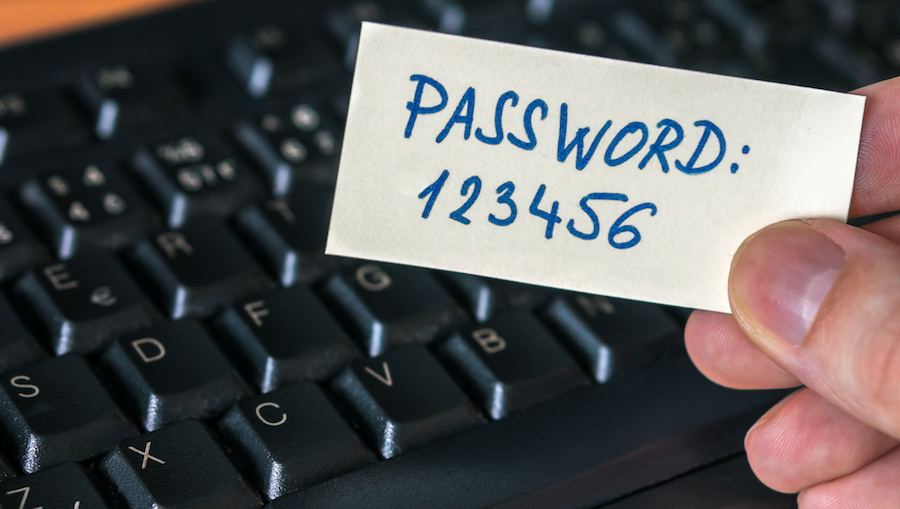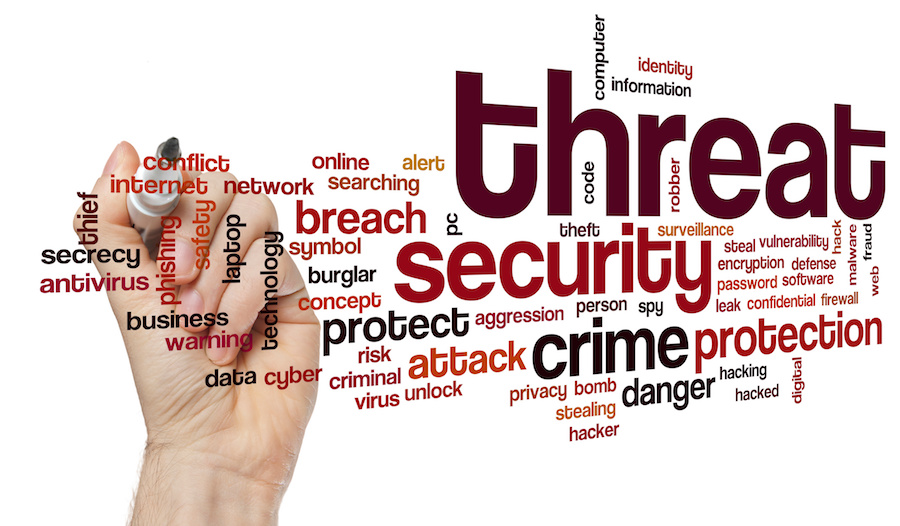As part of the White house’s plan to become more vigilant on cyber-crime and internet security Obama has asked tech firms to co-operate with the government when it comes to collaborating with the security services.
U.S security services rely now more than ever on tech companies to share their data, as this data often contains important information concerning national security matters. The stakes could not be higher, with the rising threat of terrorism and cyber-hacks, the government cannot afford to be relaxed when it comes to data backup and security and if they are they know they will be punished for it.
The White house recently stated that Obama is considering ushering in an executive order that will allow the establishment of an agency that will deal with data collaboration matters and that would be used to monitor data sharing activity between the government and tech companies such as Google and Yahoo.
The statement came before a White house summit held symbolically in Silicon Valley rather than Washington; the summit was attended by some of the leading figures of tech valley. There were however some noticeable absences, Mark Zuckerberg, Marissa Mayer, Larry Page and Eric Schmidt all decided not to attend the summit.
The only Silicon Valley CEO who attended the summit was Apple’s Tim Cook who gave the opening speech. Whether these CEO’s absences should be taken as being symbolic of ongoing tension between the public and private sector when it comes to cyber-security is a matter of opinion.
The White house deputy press secretary stated in response to allegations that the White house had been snubbed by CEOs: “I know that some companies are sending different representatives, but we are pleased at their participation.”
When it comes to the issue of cyber security the Obama administration is certainly under pressure to deliver. Obama has continually promised the American public that cyber security strategies in the U.S are changing and the issue also took center stage in his State of the Union speech. Obama certainly has a tough battle ahead and will have to find a way to collaborate and co-operate with congress, the private sector and state legislators.
Why Cyber-Security Should Matter to UK Businesses
So why should all this matter for businesses here in the UK? Well, firstly because cyber-attacks are becoming more common both here and in the U.S – our own Prime minister is having to face very similar problems to his American counterpart.
As we have learned from the media no business or even government is safe from cyber criminality. Only last week the Dutch government became the latest victim of a distributed denial of service attack which meant some of its sites went into lock down due the sheer volume of traffic the hackers had created. Last month the U.S Central Command’s Twitter and YouTube accounts were hacked in a humiliating stunt organised by Isis sympathisers.
In the last year the U.K and the U.S have witnessed some of the highest profile cyber attacks ever. Sony, Target and health insurer Anthem have all been the victims of attacks in the past year.
A cyber-attack could leave your businesses reputation in tatters along with its finances.
Cyber-attacks aren’t getting any cheaper either with most businesses now actively promoting digitisation in the work place which inevitably means businesses are becoming more vulnerable in cyber space. A lot of organisations promote technology in the workplace without being fully aware of the risks which means that they are putting their most valuable asset – their information – at risk.
White house officials have recently stated that cyber-crime poses a greater danger than terrorism to the west. It is not just our values of privacy and freedom that cyber-criminality threatens, but also our culture of open markets and capitalism.
Businesses should be rewarded for their successes on the global market and their expanding information processes, not punished for it by opportunist hackers.
In order for the cyber bogey man to be defeated businesses and governments will have to learn to co-operate when it comes to the management and security of information; failing to do so would be to risk the integrity of the very rights and values our western democracies are founded upon.











